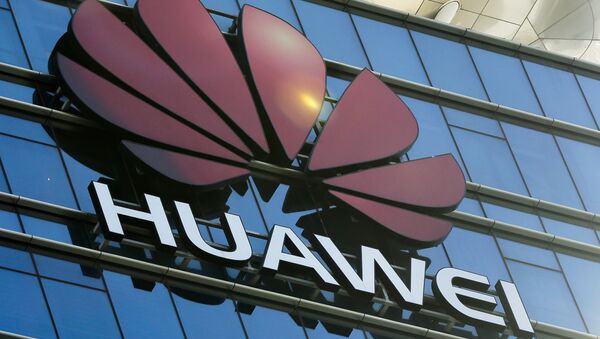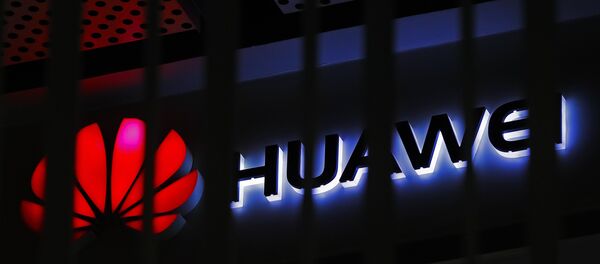Google has suspended business with Huawei that requires the transfer of hardware, software and technical services except those publicly available via open source licensing.
A Google spokesperson said the company is "complying with the order and reviewing the implications" without giving details, while Huawei has yet to comment on the matter.
However, a source told Reuters that Huawei will immediately lose access to updates to Google’s Android operating system. The next versions of Android smartphones will also lose access to popular services including the Google Play Store, Gmail and YouTube apps.
“Huawei will only be able to use the public version of Android and will not be able to get access to proprietary apps and services from Google,” the source said.
Commenting on the decision, Huawei's spokesman said that the company would continue to provide security updates and services for its smartphones and tablets.
"Huawei will continue to provide security updates and after-sales services to all existing Huawei and Honor smartphone and tablet products, covering those that have been sold and that are still in stock globally", the spokesman said.
In an interview with Reuters in March, Eric Xu, rotating chairman of Huawei, struck a defiant note in anticipation of retaliatory actions by U.S. companies. “No matter what happens, the Android Community does not have any legal right to block any company from accessing its open-source license,” he said.
Most Google mobile apps are banned in China, where alternatives are offered by domestic competitors such as Tencent and Baidu, so for Chinese markets the impact is expected to be minimal. However, Huawei’s European business, its second-biggest market, could take a hit with this ban, according to Geoff Blaber, vice president of research at CCS Insight.
READ MORE: US Commerce Dept May Issue Temporary Reprieve From Huawei Trade Restrictions
Earlier this week, US President Donald Trump directed the Commerce Department and other relevant US agencies to draw up a plan for barring US companies from using telecommunications equipment made by foreign manufacturers if they're deemed a "national security risk," while also releasing a separate order banning Huawei from buying US technology without government approval.



